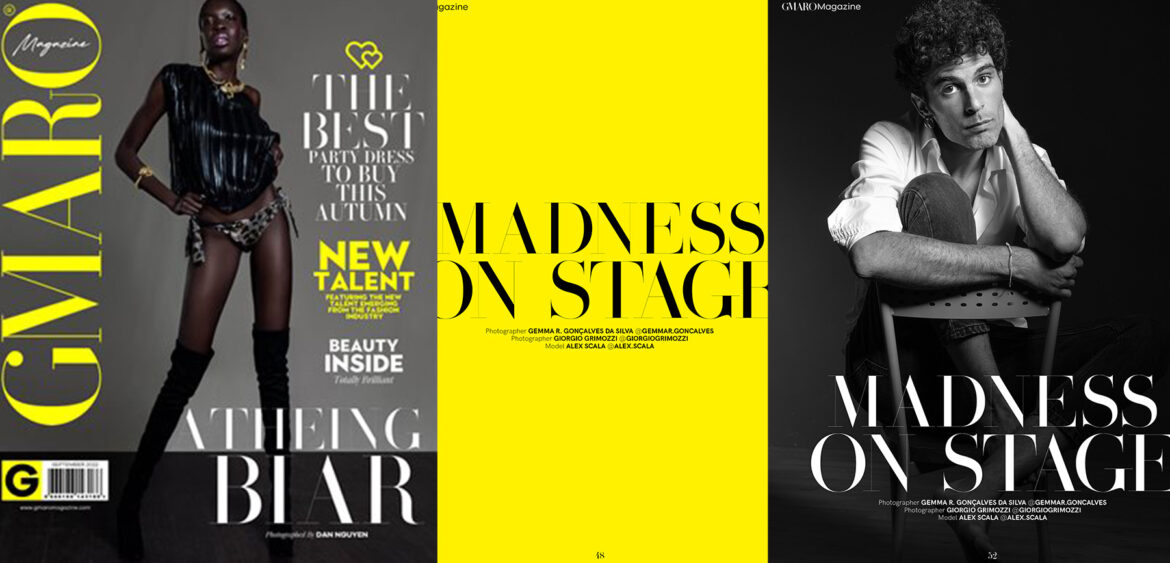It has long been assumed that specific phobias are by definition, non-cognitive and irrational. However, current cognitive theory suggests that idiosyncratic cognitions may be primary to the experience of phobic anxiety. In clinic studies, conscious beliefs related to exposure to phobic stimuli were assessed. It was found that the majority of specific phobics reported high levels of belief in at least one of a set of cognitions, such as “I would go mad”. Analysis of the relationship between phobic anxiety, avoidance, interference and harm cognitions suggests a major role in phobias for harm cognitions as opposed to the other variables. These results appear to indicate that it is difficult to justify the assumption that the nature of specific phobias is essentially non-cognitive.
“Madness on stage”, an editorial that try to represent mentalprocess described through fashion, just went live on GMaro Magazine.



Recent Comments